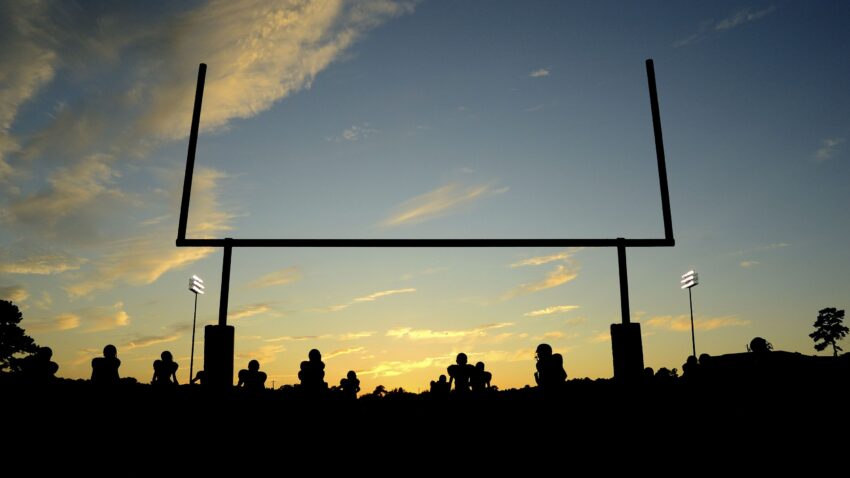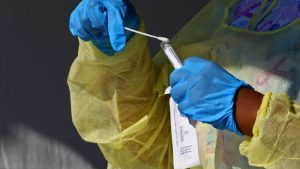Cindy Boren,
The Washington Post
August 20, 2020 | 4:38 PM
A Georgia State freshman quarterback will sit out the season because of a heart problem linked to the coronavirus.
“Today I was diagnosed with a heart condition as a result of my covid-19 infection,” Mikele Colasurdo tweeted Thursday. “Unfortunately, this means that I will not be able to play this football season.”
He thanked Coach Shawn Elliott and the training staff and wrote, “ultimately it was the procedures and tests set forth by GSU that allowed the doctors to find this condition in my heart and help keep me safe. I am very thankful. I can’t wait to watch my team compete this fall and I could not be more excited to return for the 2021 season!”
Georgia State is a member of the Sun Belt Conference and has opted to play this fall despite the coronavirus. Appalachian State, a member of the same conference, suspended football activities Aug. 18 when 11 members of the program tested positive for the virus.
Although Colasurdo did not reveal the nature of his condition, heart complications related to covid-19 have become a significant health concern in college football and other sports.
Eduardo Rodriguez, the Boston Red Sox’s 27-year-old ace, will sit out the baseball season while recovering from myocarditis as a result of covid-19. Earlier this month, the mother of Indiana offensive lineman Brady Feeney posted on Facebook that her son had experienced heart issues, among other ailments, in the wake of a positive coronavirus test. Deborah Rucker told the Indianapolis Star that when doctors from the school gave Feeney an electrocardiogram and did bloodwork, the screening raised concerns. He was sent to a cardiologist for further evaluation.
A number of cardiovascular experts have raised concerns about increasing evidence that covid-19 can affect the heart. The studies have not focused on athletes, but the findings have implications for the sports world. Research raises the possibility that athletes who recover from covid-19 may face dire or lasting heart complications, and medical experts have urged cardiac screening for athletes returning to play after contracting the virus.
Georgia State’s season opener is scheduled for Sept. 19 against Louisiana Lafayette.



















